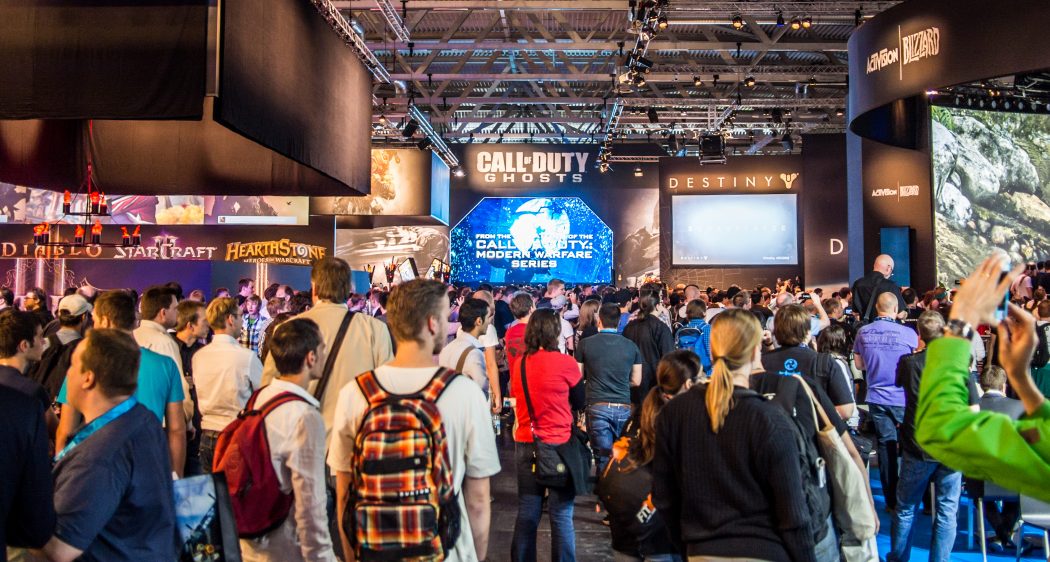Sitting at the cusp between the digital and physical worlds, the metaverse is an aspirational concept that promises a world where the limits of human ability are stretched and reimagined through the seamless integration of technology into every aspect of our daily lives. It paints a picture of virtual megacities where, through the medium of personalized avatars, people from around the world can live out their real lives, perhaps shopping with digital currencies or learning in futuristic classrooms. However, as we continue to characterize what exactly the metaverse is, its scope begins to seem overly broad, to the point where its exact implications are nebulous. A clearer conception will inevitably come with time and there are already several indicators of progress. A couple of examples include Facebook’s name change to Meta, the surging popularity of digital currencies, and the prominence of massive open-world video games.
As we continue to characterize what exactly the metaverse is, its scope begins to seem overly broad.
The video game industry is a crucial cornerstone for advancing metaverse-related developments. Many of the prerequisite technologies, such as virtual reality headsets and artificial intelligence chat rooms, are derived directly from gaming uses. Moreover, early experiments like live concerts hosted on Fortnite servers and in-game currency markets such as in Roblox serve as an early proof of concept. This relationship between the video game industry and the metaverse is one reason why Microsoft’s bid to acquire Activision Blizzard is generating so much buzz.
Announced on January 18th, the all-cash deal is said to be valued at $75-billion and would inject a wealth of Activision’s proprietary gaming franchises into Microsoft’s offerings. Games like World of Warcraft and Call of Duty are both incredibly popular early iterations of the metaverse concept wherein players can pay real money in exchange for in-game accessories or items which can then be traded on an internal market. The deal means that Microsoft will now integrate these games — along with other franchises such as Overwatch and Candy Crush — into their existing Xbox product portfolio with the option to make them exclusive and available within their subscription service.
Unsurprisingly, news of the transactions had widespread implications on both the gaming and enterprise technology subsectors. Sony, which owns Playstation, Xbox’s rival, was a company directly affected as its share price fell 12.8 percent immediately after the announcement for a total market cap hit nearing $20-billion. In response, Sony purchased Bungie, a different video game developer for $3.6-billion, gaining rights to the popular Halo and Destiny titles. This uptick in consolidation reflects a push by industry leaders to collect intellectual properties, talent, and resources that will give them the upper hand in a long-term metaverse play.
There are still a few considerations to weigh before drinking the Kool-Aid. For one, there will likely be an exceptionally long window to close the deal, with some analysts projecting the Blizzard transaction to be fully cleared in mid-2023. This not only extends the window for seeing impacts materializing but also reflects all the regulatory hoops the company will be asked to jump through. As is often the case with Big Tech, the most pressing concern is with anticompetitive practices. Regulators are always keen on keeping companies like Microsoft in line and the sheer size of the two entities means alarm bells will be ringing in the antitrust camp. While Microsoft argues that the acquisition would only make them the third-largest gaming company in the world,after Tencent and Sony, it will undoubtedly face unfettered scrutiny due to the regulatory environment. Sure enough, it was confirmed on February 1st that the Federal Trade Commission will review the transaction to determine if the resulting entity will lessen competition or generate harmful levels of influence. This update has slightly unsettled investors as the FTC is perceived by some to be comparatively more aggressive than the US Justice Department. At the time of writing, Activision Blizzard is trading at $78.95, implying a 16.9 percent discount from the $95 offer price. The significant price gap likely points to investors factoring in the risk of a regulatory roadblock, as well as the challenges that the numerous workplace harassment allegations and ongoing lawsuits against Activision Blizzard will inevitably pose.
Even with the possibility of failure, the willingness of Microsoft to splash its cash around demonstrates an eagerness to take a bet on the metaverse.
Even with the possibility of failure, the willingness of Microsoft to splash its cash around demonstrates an eagerness to take a bet on the metaverse and, in turn, may trigger a wave of similar investments from other Big Tech firms. Amazon, the world’s largest cloud services vendor, seems like a natural player in this space. Apple already has an augmented reality framework called ARKit and CEO Tim Cook has cryptically implied that further investment has already begun. Even Netflix is gearing up for a metaverse transition, as the company now offers mobile games to its users. The sands are clearly shifting. Now we wait and see who makes the next big move.








